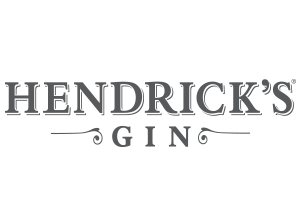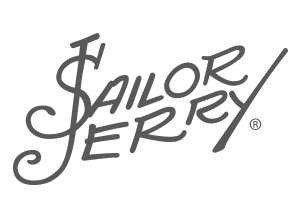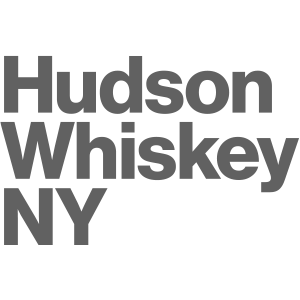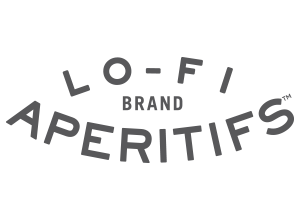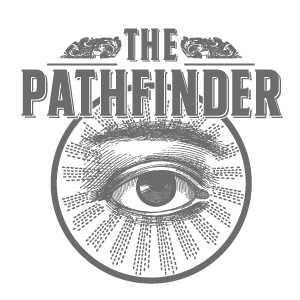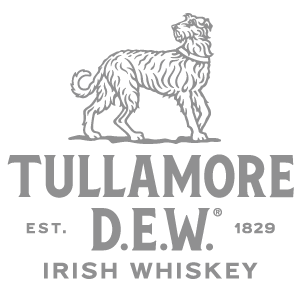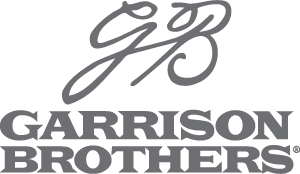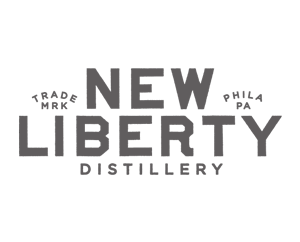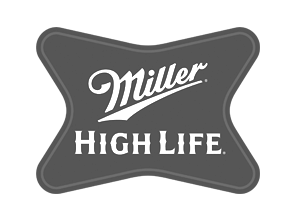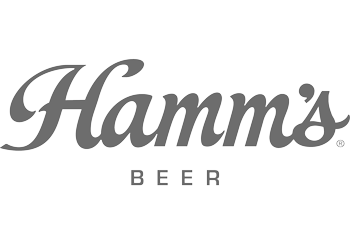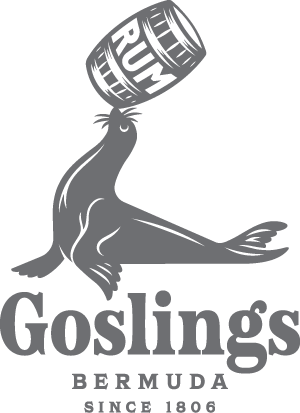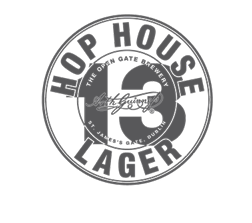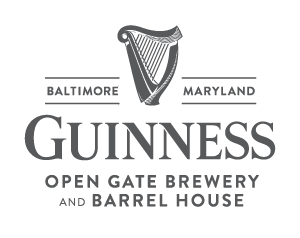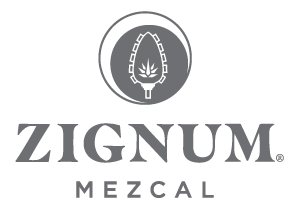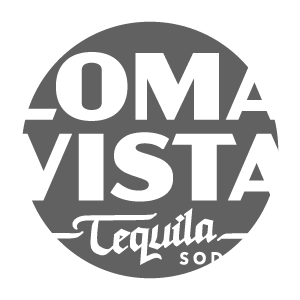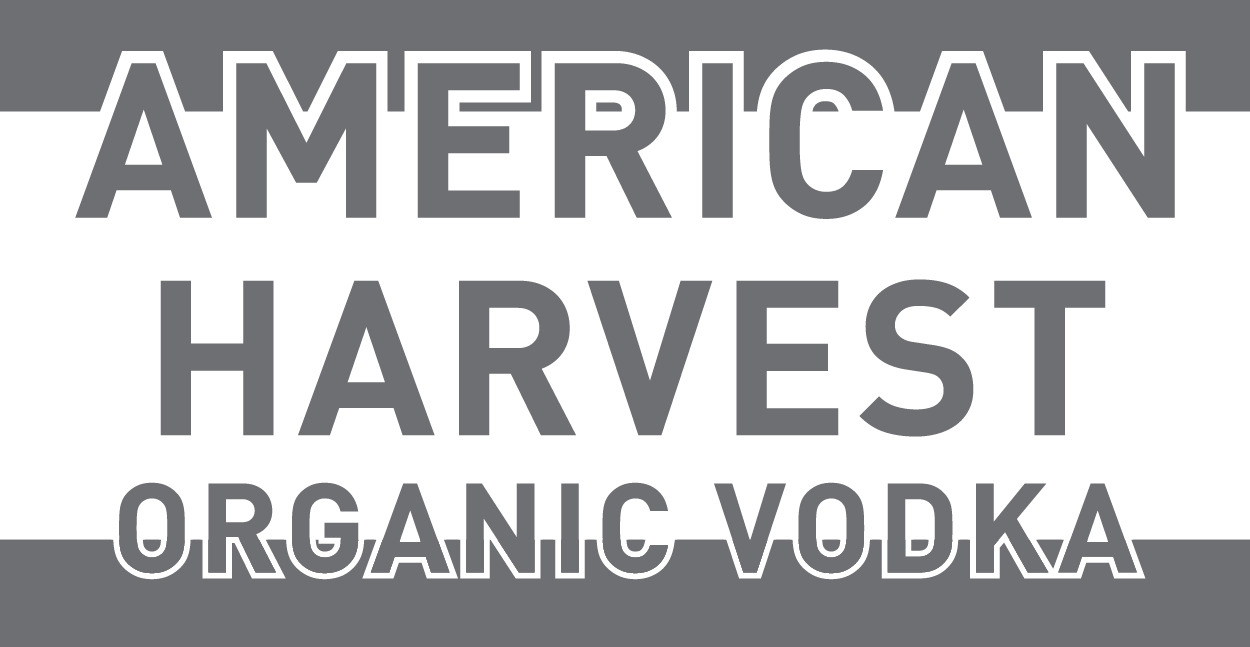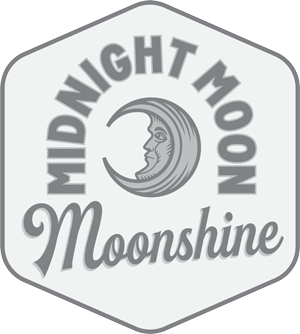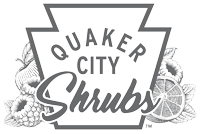In the ever-evolving landscape of spirits, The Pathfinder Hemp and Root emerges as a groundbreaking non-alcoholic alternative, not merely mimicking traditional spirits but carving its own niche with a unique blend of bitterness, sweetness, and complexity. I sat down with Co-founder Chris Abbott to learn more about their journey through the inspiration, challenges, and strategic decisions that led to the creation and successful launch of this distinctive spirit.
Dave Knox – Let’s dive into The Pathfinder. Can you give us a brief overview?
Chris Abbott – The Pathfinder is a non-alcoholic spirit. It boasts versatility—you can enjoy it neat, on the rocks, or as a cocktail base. It’s not merely a non-alcoholic version of gin or whiskey; it stands on its own, characterized by a unique blend of bitterness, sweetness, and complexity.
Knox – Let’s explore the backstory. What inspired you and your two co-founders to launch this distinctive spirit?
Abbott – Our team is quite interesting. I’m joined by Steven Grasse, owner of Quaker City Mercantile, and Guy Escolme. My background includes Wall Street and later starting a wine storage business. About a year into that venture, cannabis legalization occurred in Washington State, where I reside in Seattle. This led to the establishment of a cannabis company. While working on cannabis brands, I connected with Guy Escolme, who had an extensive career at Diageo, specializing in marketing and innovation.
Navigating the challenges of the cannabis industry, given its federal illegality despite state legalization, proved difficult. From taxes to distribution and the lack of social consumption spaces like bars for cannabis, we faced numerous obstacles. With Guy’s spirits background and my experience in cannabis, we pondered the future of the bar scene. Many anticipate cannabis disrupting alcohol, but we wanted to explore how and when this might happen.
Observing the success of Seedlip and its innovative approach to non-alcoholic spirits, we saw an opportunity to revolutionize socializing and drinking habits. Unlike most non-alcoholic spirits marketed for health and wellness, we aimed to create an enjoyable experience for those seeking a great time at bars without alcohol and perhaps incorporating cannabis in the future.
Our partnership is a dynamic blend of diverse backgrounds and skills. While each of us approaches it differently, we leveraged our collective expertise to launch this venture successfully.
Knox – With such a diverse team, you aimed for a unique social approach in the cannabis space. What drove the choices, including distilling from fermented hemp, to create this distinctive product?
Abbott – Our goal was for The Pathfinder to become a fixture on the back bar, seamlessly blending in with other premium spirits. To achieve this, we delved into the intricate process of spirit production, recognizing the allure of understanding the craftsmanship behind these beverages. We wanted our product to have familiar cues, mirroring the production of traditional alcohol spirits.
Considering the legal landscape of cannabis, we adhered to FDA-approved elements for human consumption, which led us to hemp seeds—the only federally legal option within cannabis. Starting with hemp seeds, we implemented fermentation using a yeast that yielded minimal alcohol, similar to the process seen in kombucha. After fermentation, we distilled the product to create a base liquid.
To enhance complexity and flavor, we incorporated a diverse range of botanicals, herbs, and roots. This not only allows bartenders to discover new flavors for cocktails but also provides versatility for various applications. The intricate blend of ingredients ensures compatibility with different components, resulting in a diverse and delightful range of cocktails.
Knox – Exploring the mixing ability and versatility of the beverage, how did you approach distribution, particularly in terms of on-premise versus off-premise, and the initial targets for introducing such a distinct product?
Abbott – Many non-alcoholic spirit brands initially focused on direct-to-consumer channels, and understandably so, given the direct connection with consumers and the absence of intermediaries. However, our approach centered around envisioning the future back bar—one that includes traditional spirits, non-alcoholic spirits, and potentially cannabis spirits. Our strategy was inspired by the alcohol spirits industry, commencing with the bar and engaging with bartenders.
Launching in September 2021 posed challenges, especially as many bars were struggling due to the impact of COVID. Despite the difficulties, it provided us with a unique focus and a competitive edge, differentiating us from peers who prioritized direct-to-consumer approaches. With limited funds from friends and family, our goal was to prove the concept’s viability. Opting for a strategic and budget-conscious approach, we decided to concentrate our efforts in one neighborhood—Capitol Hill in Seattle.
Capitol Hill, known for its vibrant atmosphere, presented an ideal testing ground. Leveraging Steven’s team’s creative posters on telephone poles, we secured placements in a local apothecary, partnered with Caffe Vita, and launched in the well-known bar, Life on Mars. The collaboration with key figures in the community, including Kraig Rovensky, further strengthened our presence. This strategic saturation, akin to the “Topo Chico effect,” allowed us to create a buzz around The Pathfinder. The success in these diverse venues became the initial spark that ignited our momentum in Washington State.
Knox –. After the focused launch in Washington State and considering the post-COVID environment where there might have been an excess in alcohol consumption, leading people to seek alternatives, how has this influenced the trajectory of The Pathfinder?
Abbott – Interestingly, we find ourselves in a fortunate position. There’s a significant global trend unfolding, not just in the US, where people are reevaluating their relationship with alcohol. While many still enjoy alcohol, there’s a growing desire for moderation, enabling individuals to have a great time with friends without the aftermath. Our focus is on creating a product that facilitates moderation while offering a sophisticated and enjoyable experience, irrespective of the presence of alcohol.
We aim to redefine the connection between having a good time and alcohol, allowing individuals to engage in the excitement and camaraderie without the necessity of alcohol. This approach resonates with the current cultural zeitgeist, and it’s gratifying to have our idea align with market demands during this time.
Knox – Considering your historical marketing strategy with a concentrated approach, have you taken specific steps to capitalize on the current cultural trend, or has the trend influenced your direction more organically?
Abbott – It’s been a bit of both. Undoubtedly, we’ve been influenced and propelled by the trend. The New York Times, through Wirecutter, evaluated various non-alcoholic spirits, and being featured on that list significantly boosted our business. The extensive following and high regard for such lists have contributed to our success.
Simultaneously, we’ve consciously taken a distinctive approach compared to many other non-alcoholic brands. We’ve been vocal about encouraging people to reconsider their relationship with alcohol and how they navigate their nights out. The emphasis is on empowering individuals to be in control of their choices rather than being controlled by alcohol. While we secure spots on bar menus as a non-alcoholic option, we encourage a holistic approach to the entire night. For instance, providing recipe books with both non-alcoholic and low-alcoholic options on every page, we aim to guide individuals in making educated choices for an enjoyable night out.
This perspective on moderation, rather than abstinence, distinguishes our brand in a market where such discussions are not as prevalent. We have taken the lead in promoting the idea that the focus should be on having a great time without necessarily placing alcohol at the center stage of the experience.
Knox – Expanding a business often tempts brands to introduce new variants, especially in the dynamic alcohol space where novelty is highly sought after. How have you navigated the expansion of The Pathfinder brand, balancing the desire for newness with a focus on the core offering?
Abbott – That’s a fantastic question, and it’s true that many expect us to introduce new flavor profiles or variants. The logic behind it is clear—expanding your product line alongside your established brand can enhance visibility, potentially increase revenue, and contribute to a larger brand presence. However, there’s a significant consideration of potential downsides, and Steven Grasse’s expertise has been invaluable in shaping our approach.
Reflecting on the trajectory of Hendrick’s Gin, it’s remarkable to note their success with just one variant for a substantial period. While they eventually introduced additional variants, they built a strong foundation with a singular focus. We are adopting a similar mindset, recognizing that managing multiple SKUs demands considerable energy and focus, potentially diverting attention from other critical aspects.
Our current priority is defining the essence of The Pathfinder brand—what it represents and how we articulate its identity. We believe that building a robust brand foundation is paramount before considering extensive variant expansions. This strategic approach aligns with our vision of creating a distinct world where the lines between cannabis, alcohol, and non-alcoholic offerings blur, all centered around the shared goal of enjoying a great time.
Knox –. Considering the future of the business and navigating the evolving landscape between alcohol expansion and the ongoing legalization of cannabis, how do you envision The Pathfinder’s role in this dynamic environment?
Abbott – Our approach centers on the back bar—it’s where it all begins and ends for us. Winning over bartenders is crucial to our strategy. As we embark on a nationwide rollout from our Washington State origins, we’re replicating the successful neighborhood-focused model. By capturing a neighborhood, winning its support, and then expanding state by state, we aim for a deliberate and focused rollout, ensuring a strong foundation for sustained success. While this may not be the fastest approach, we believe it will establish a lasting presence.
Looking at the longevity of iconic brands like Johnnie Walker and Jim Beam, which have stood the test of time, we see a similar opportunity for The Pathfinder. With patient growth, strategic focus, and the right team, we envision The Pathfinder becoming a timeless brand, occupying back bars across the globe for generations to come.
Knox – If someone is eager to try The Pathfinder and it’s not available on their local back bar yet, what’s the best way for them to experience it?
Abbott – Absolutely, we offer online sales through our website, drinkthepathfinder.com, making it easy to connect with us and order a bottle. We’ll happily deliver it straight to your doorstep.
Additionally, you can find us on Instagram @drinkthepathfinder
